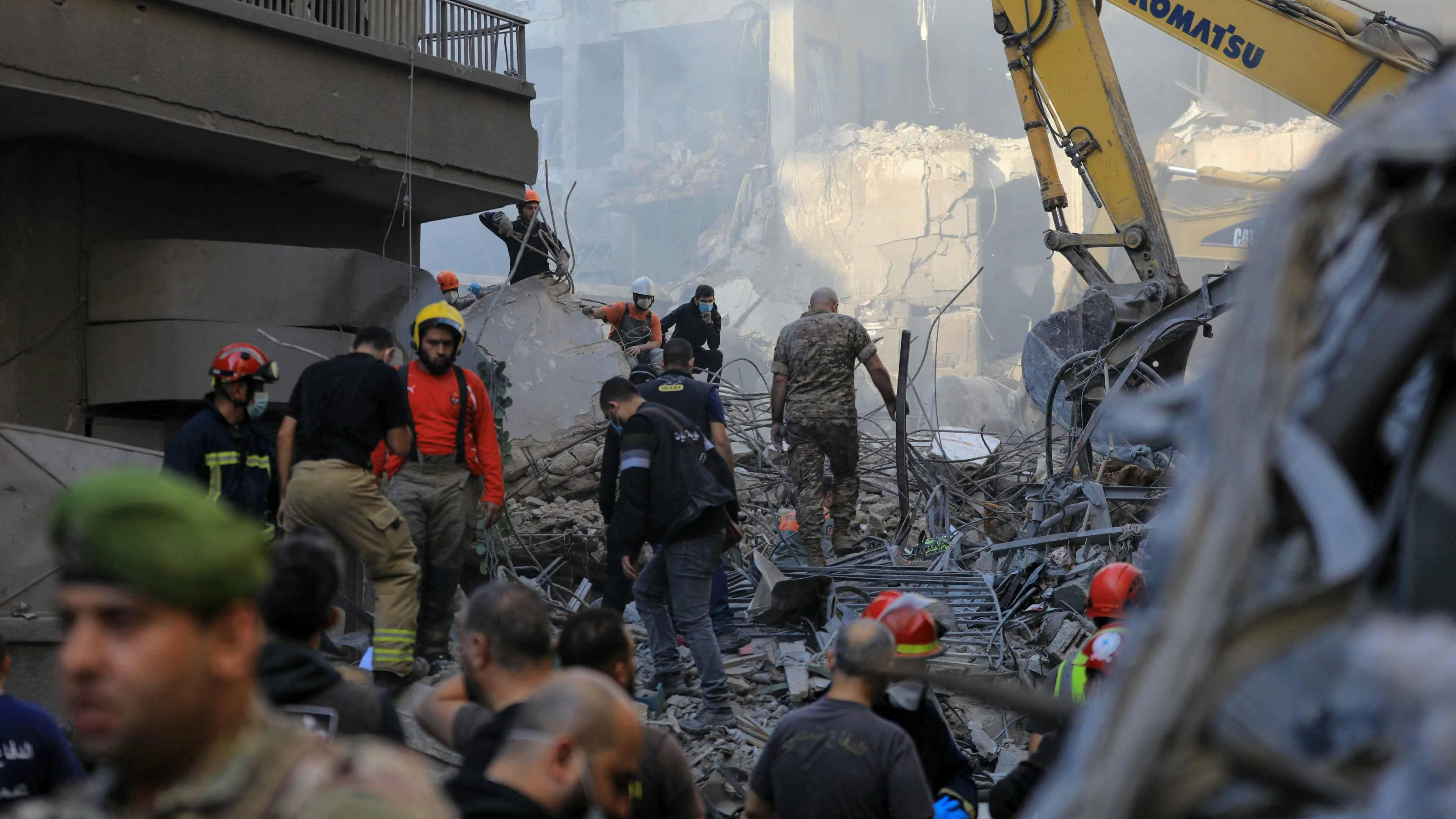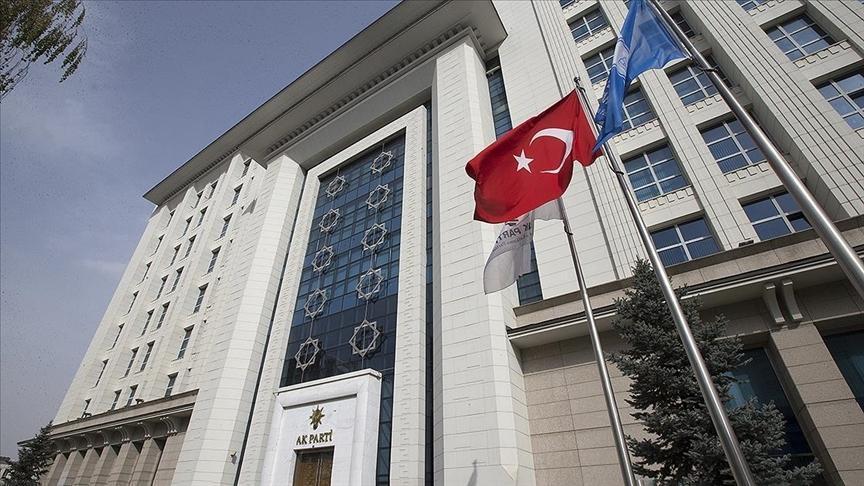Why not negotiate with Öcalan?
It is a requirement of politics that in almost every country the opposition criticizes the government. It stages demonstrations if necessary and it fights back. However, when it comes to fighting against terrorism, then the rules change. Especially with regard to terrorism perpetrated by the outlawed Kurdistan Workers’ Party’s (PKK) in our country, the rules change completely.
There are examples of this in every part of the world. Even during the bloodiest of all clashes, there are secret negotiations conducted with terror organizations.
Why? Because people are fed up with terrorism.
These days, there is a fight going on between the opposition and the government. It is increasingly becoming more widespread. The fight erupted when Justice Minister Sadullah Ergin said that if it was necessary then talks would be conducted even with PKK leader Abdullah Öcalan. When he said the state could negotiate with anyone and could even contact Öcalan, the opposition rose up.
Why not?
I’m asking you, if it would slow this terrorism, if it would decrease the number of funerals, why not speak to Öcalan? As a matter of fact, the Republic of Turkey has spoken to Öcalan several times [in his prison on] İmralı Island. Moreover, it even prepared a protocol in Oslo [in talks with the PKK].
Why not repeat these talks?
A day will come when the circumstances will permit it, and then officials will knock on the door of İmralı.
I can understand to a certain extent the objections of the Nationalist Movement Party (MHP); but I cannot understand those from the Republican People’s Party (CHP), whereas I would have expected the CHP to assist this government and exert effort to solve this issue. Similarly, the ruling Justice and Development Party (AK Party) should also have extended a hand to the CHP.
Unfortunately, our politicians cannot read the public very well.
People are fed up. They have are broken down with a new funeral every day. While our politicians are trying to trip each other up, they are not aware that they have created a very vicious cycle.
Nuremberg punished those who received orders, too
It is now being discussed that in the “Balyoz” (Sledgehammer) case, everyone was subjected to the same treatment, even though those of lower rank participated in the military exercise [that the case is based upon] because they were ordered to do so. They are saying they had no connection to the incident. “We are being treated unfairly. What should we have done? Should we have gone against the orders of the commander?” they say.
Frankly, this sounds very logical to me too. Really, what would they have said? Would they have rebelled against the orders of their commanders and received disciplinary penalties? This is a highly debatable issue.
The same debate came up at the Nuremberg Trials after World War II. Several German officers argued that they could not have disobeyed Hitler’s orders and that they should not be punished for that reason. The court rejected this argument, ruling that orders that were against the law should have been opposed, and issued severe punishments.










